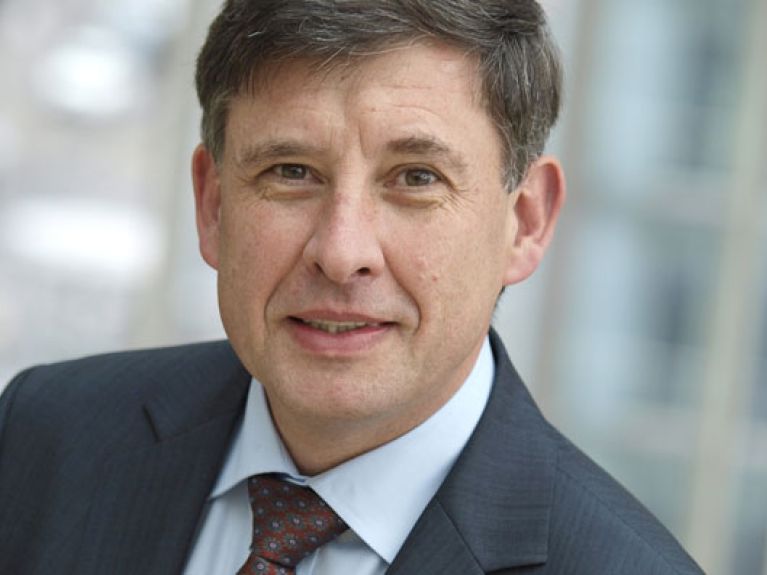DE Interview on media dialogues
The Foreign office has supported international media dialogues for more than 15 years. Three questions on the subject for Ronald Grätz, General Secretary of the Institute for Foreign Cultural Relations (ifa).

Mr Grätz, what is the meaning and purpose of the media dialogues?
In a world that is more and more intertwined and in which the flow of news is perceived internationally with ever greater rapidity, it’s more important than ever to reach multipliers. Journalists transport news and perspectives, initiate and profile processes of opinion making. As a result of the internationalization of reception, the importance of journalists and hence their responsibility has grown increasingly. The media dialogues, which are conducted by intermediary organizations such as the ifa in cooperation with the Foreign Office, are addressed to these multipliers.
Very practically: who can take part in the media dialogues?
The media dialogues of the ifa provide a space for respectful exchanges on common themes, which are sometimes discussed in a controversial way. To achieve the greatest possible openness towards the process of change, most of the forums take place with only invited participants. A special feature of our dialogues is that not only journalists take part, but also selected actors from NGOs, science and sometimes politics.
What are the priorities in 2013?
In coordination with the Foreign Office, we’ve set the priorities for this year on transition countries and countries that are connected to particular focus programmes. The ifa itself has conducted media dialogues this year with China and North Africa on issues of the importance of media in changes of leadership and the importance of a free media system for social development and intercultural dialogue.

